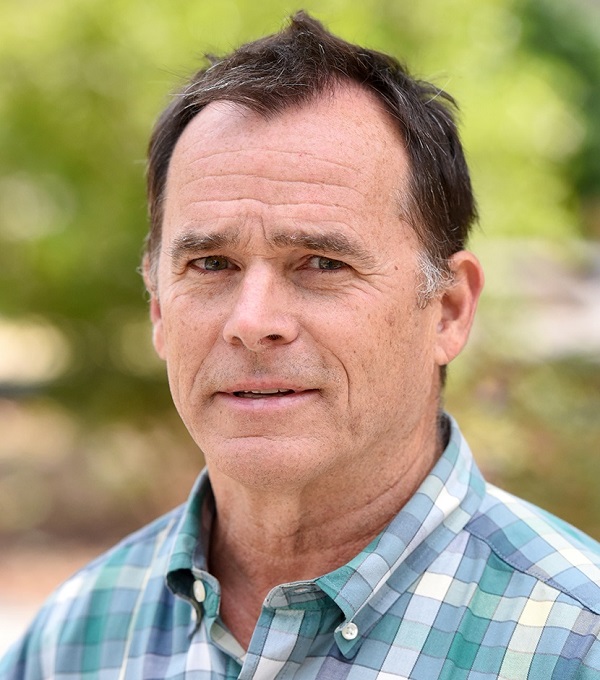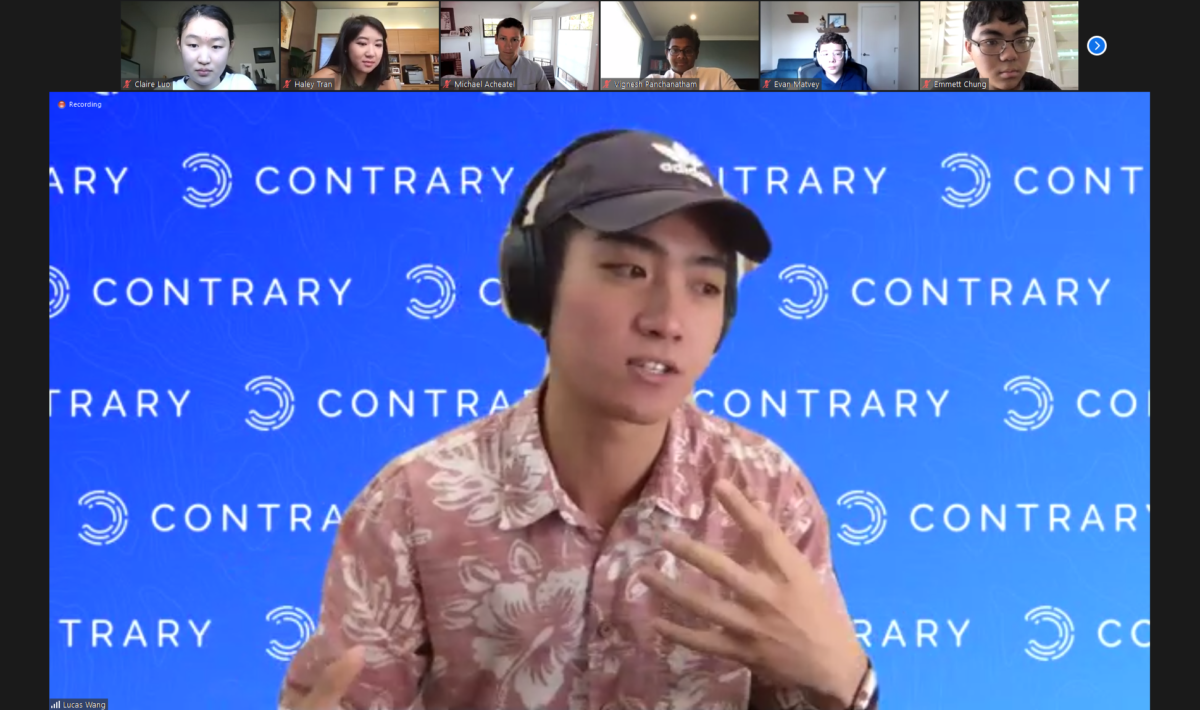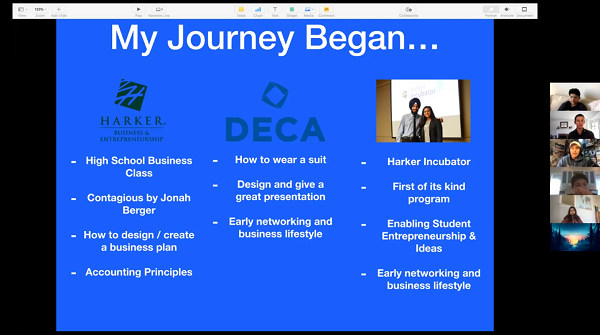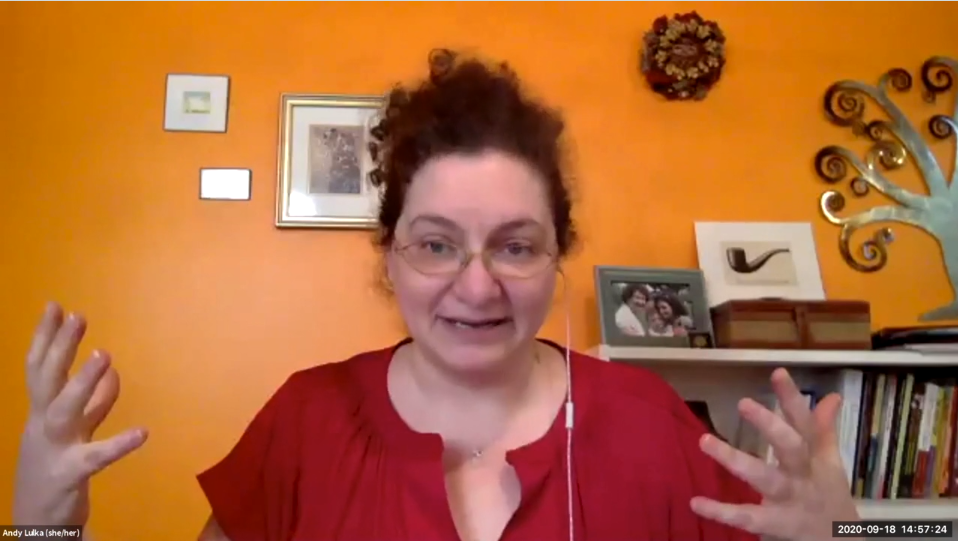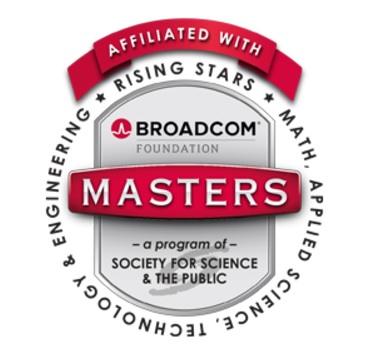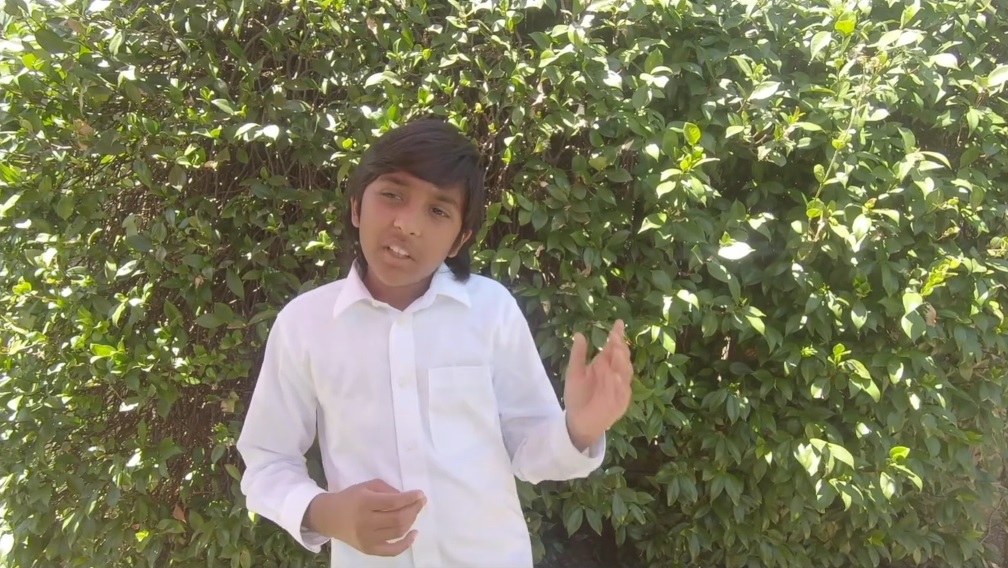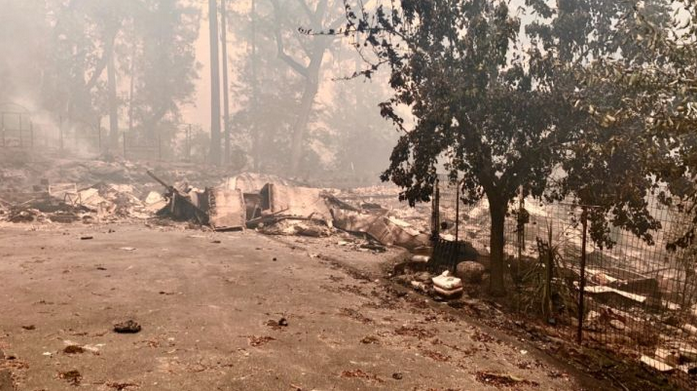Upper school English teacher Charles Shuttleworth is giving a keynote lecture at this year’s Lowell Celebrates Kerouac Festival.
eweekly
Watch: New buildings take shape in latest construction update
In this month’s middle school construction project update, facility manager Mike Bassoni talks steel and shares some exciting details about the new gym and theater complex as the new buildings begin to take shape.
Senior’s COVID-19 research published in peer-reviewed journal
Senior Shray Alag had his research published yesterday by PLOS One, an international peer-reviewed scientific journal.
Alumni panel helps students get the most out of upper school experience
On Sept. 25, CareerConnect held a Harker alumni panel via Zoom with Haley Tran ’17, Lucas Wang ’17 and Vignesh Panchanatham ’18.
B.E. alumnus guest lecturer discusses personal journey and ventures
Earlier this week, Michael Sikand ‘18 spoke to Michael Acheatel’s gave a special guest lecture to Micheal Acheatel’s business and entrepreneurship students.
First Windows and Mirrors assembly offers insight into Jewish communities
Last Friday, the middle school invited guest speaker Andy Lulka to the first Windows and Mirrors assembly.
[UPDATED] Eighth grader named finalist 2020 Broadcom MASTERS program
Eighth grader Anika Pallapothu was named one of the top 30 finalists in the 2020 Broadcom MASTERS program.
Sixth grader creates Java course, raising funds for children in poverty
In August, sixth grader Neel Kumar launched a free series of educational videos designed to help younger students learn how to code in hopes that it would give children a means of escaping poverty.
Efforts to help Harker faculty and staff affected by California fires
Some Harker faculty and staff have been impacted by the California fires, and we will be updating the community on any ongoing fundraising efforts.
